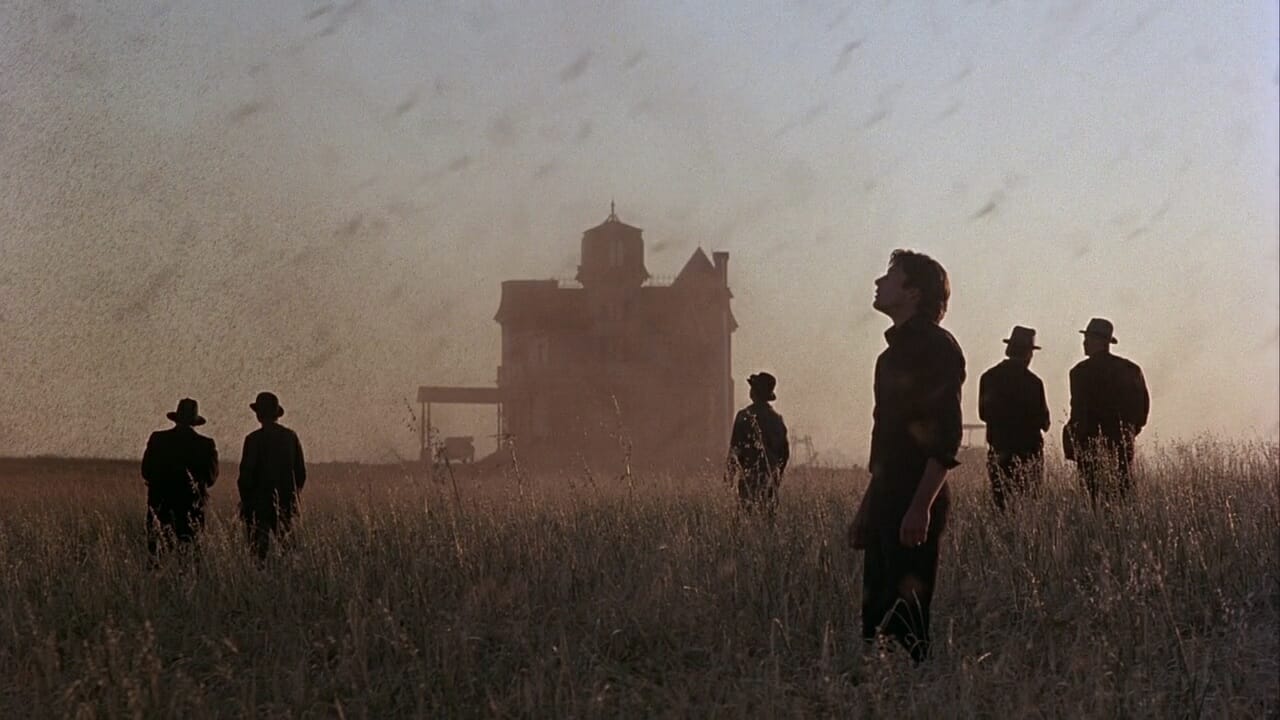-
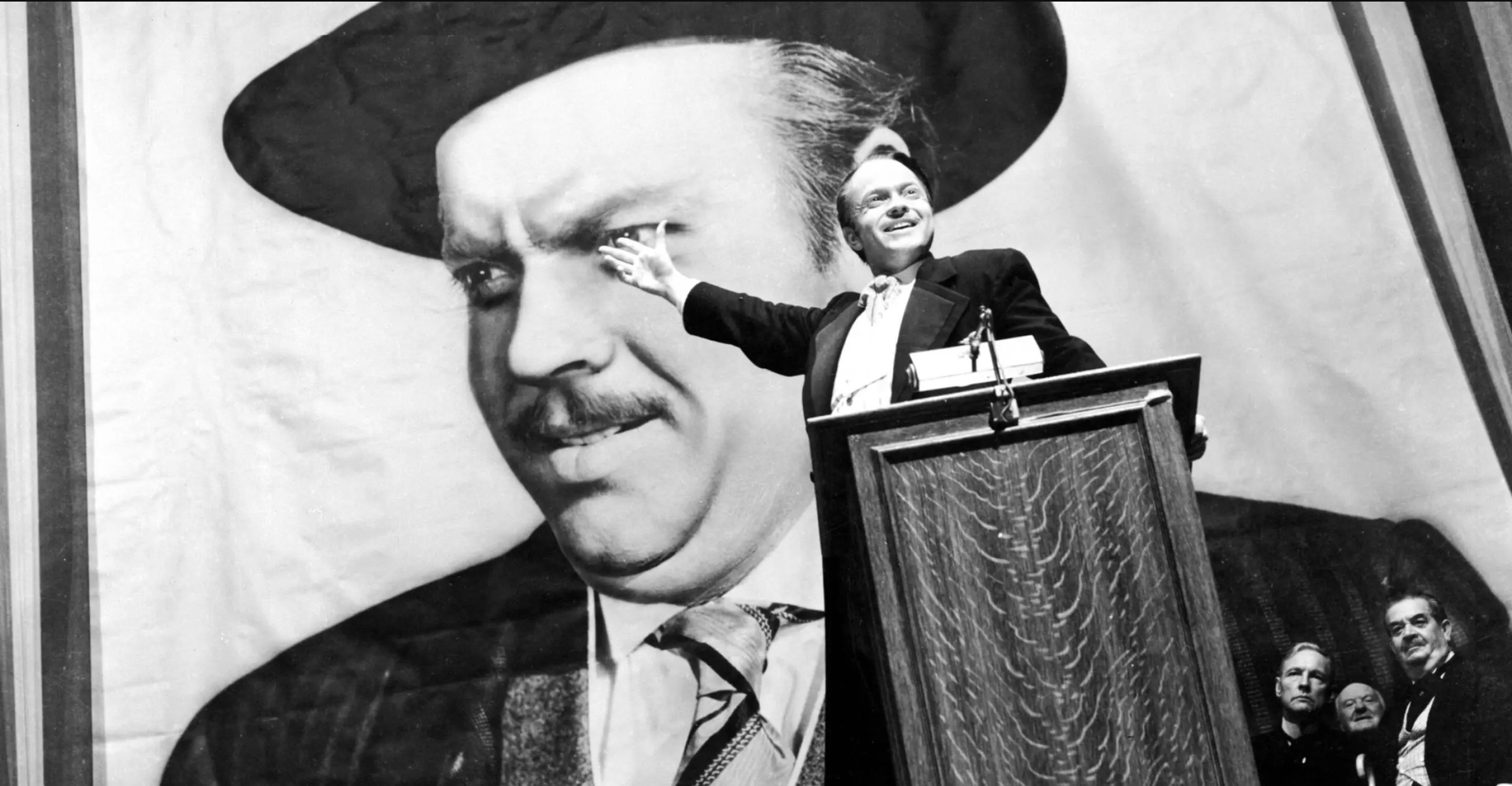
The Best Films of the 1940s
The greatest films of the 1940s, from Italian neorealism to the birth of film noirs.
-
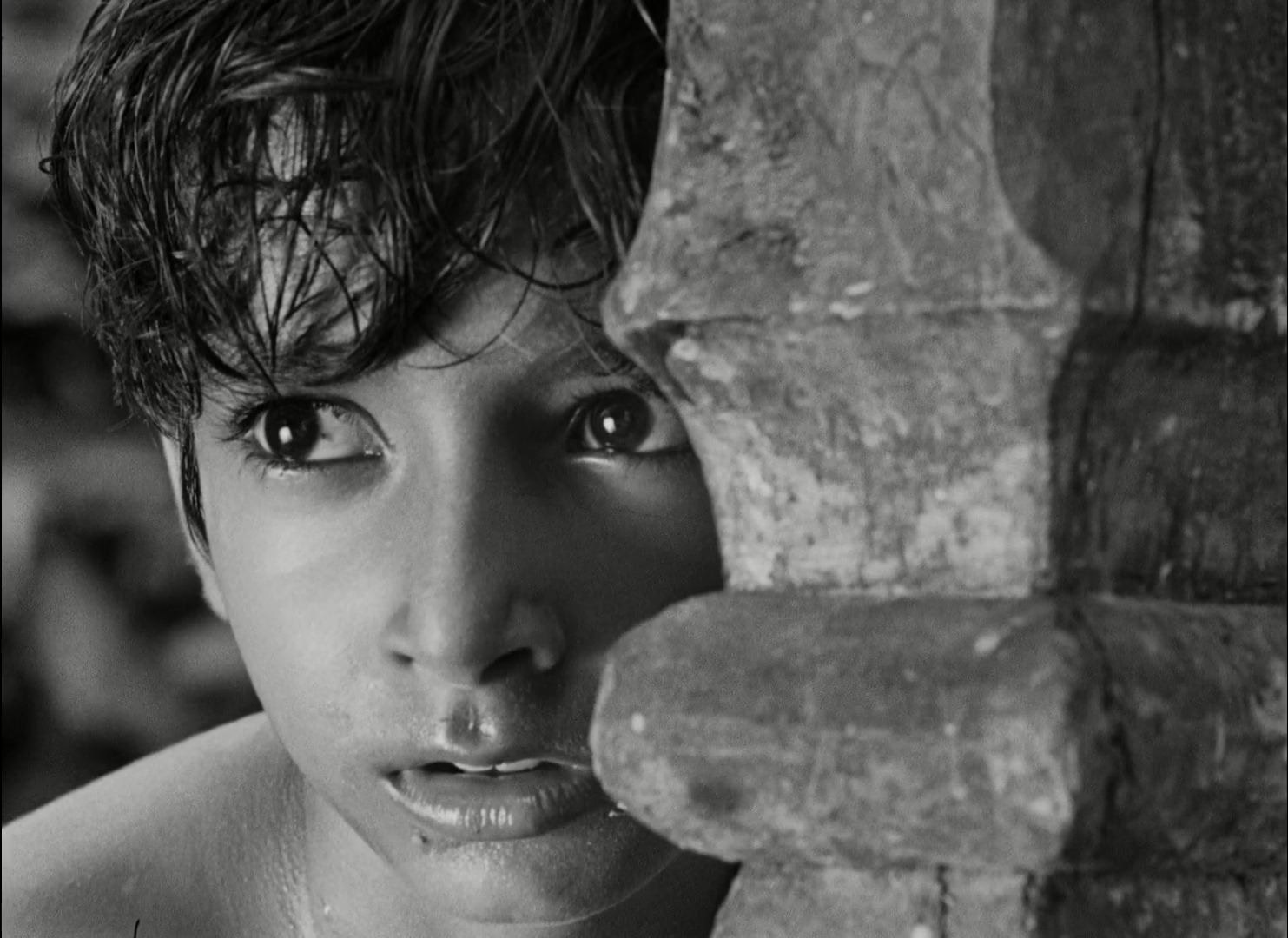
Pather Panchali (1955)
Six-year-old Apu may revel in the bright innocence of his rural childhood, yet the sacred cycles of Satyajit Ray’s natural world persist, holding memories of joy and sorrow within Pather Panchali’s timeless, primordial pulse.
-
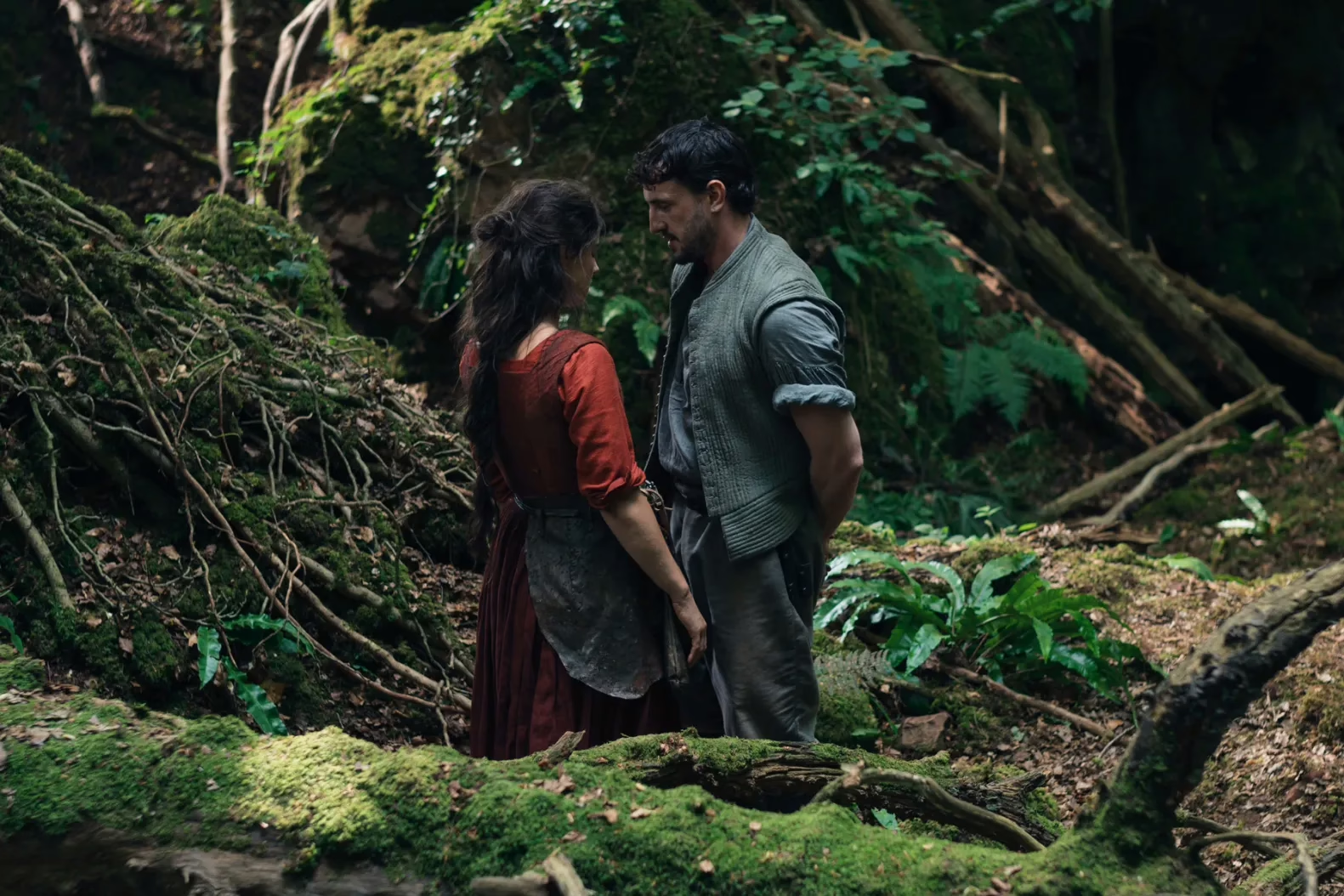
Hamnet (2025)
There is no reading of Shakespeare’s plays more intimate than that which considers his grief over his son’s passing, and as Chloé Zhao lyrically visualises this transmutation of pain into poetry in Hamnet, the very act of storytelling bridges the chasm between life and death.
-
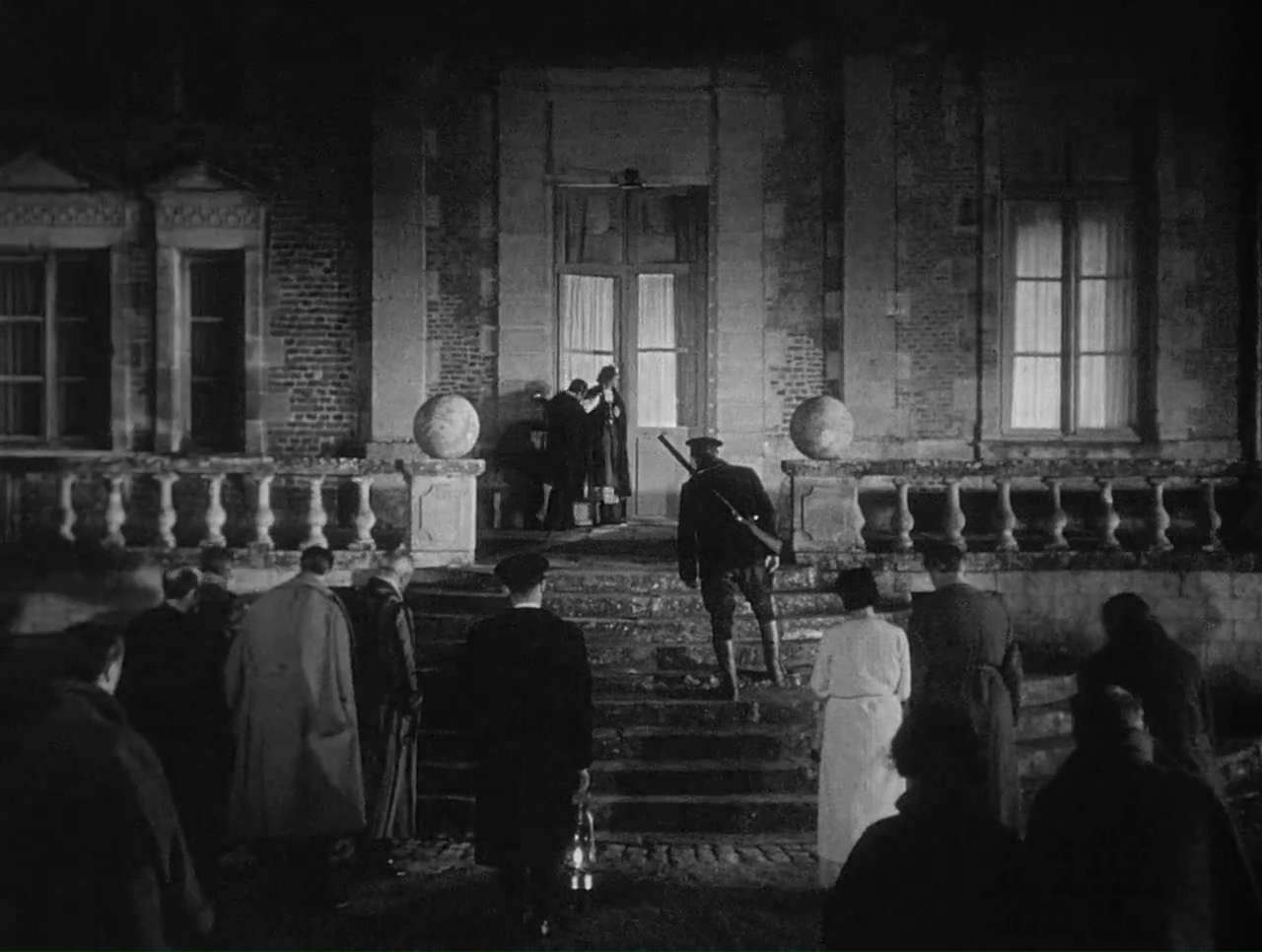
The Best Films of the 1930s
The greatest films of the 1930s, from France’s poetic realism to the rise of Technicolor and talkies.
-
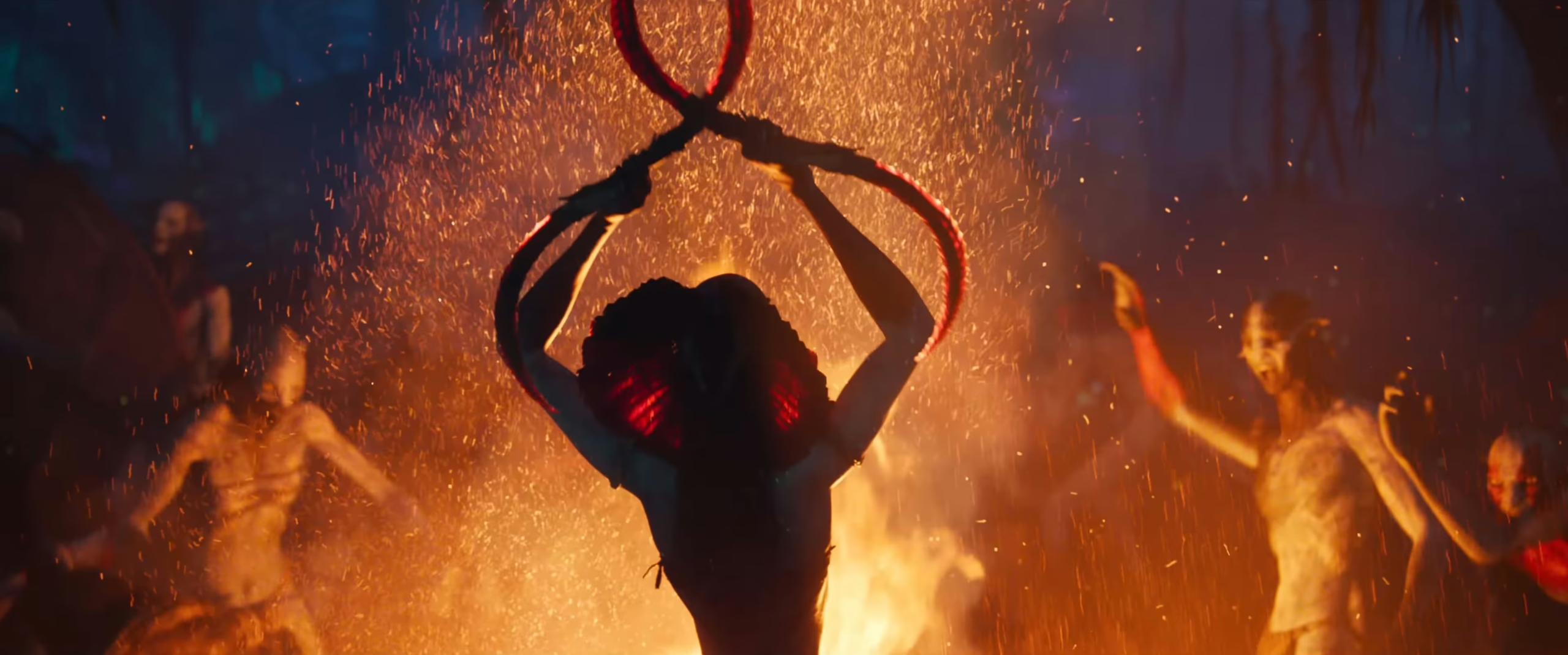
Avatar: Fire and Ash (2025)
As James Cameron continues to forge his epic saga of spirituality and survival through the elements, Avatar: Fire and Ash tests the threads of tradition which binds its clans together, drawing dangerous new alliances that ignite a crucible of faith, fury, and primordial spectacle.
-
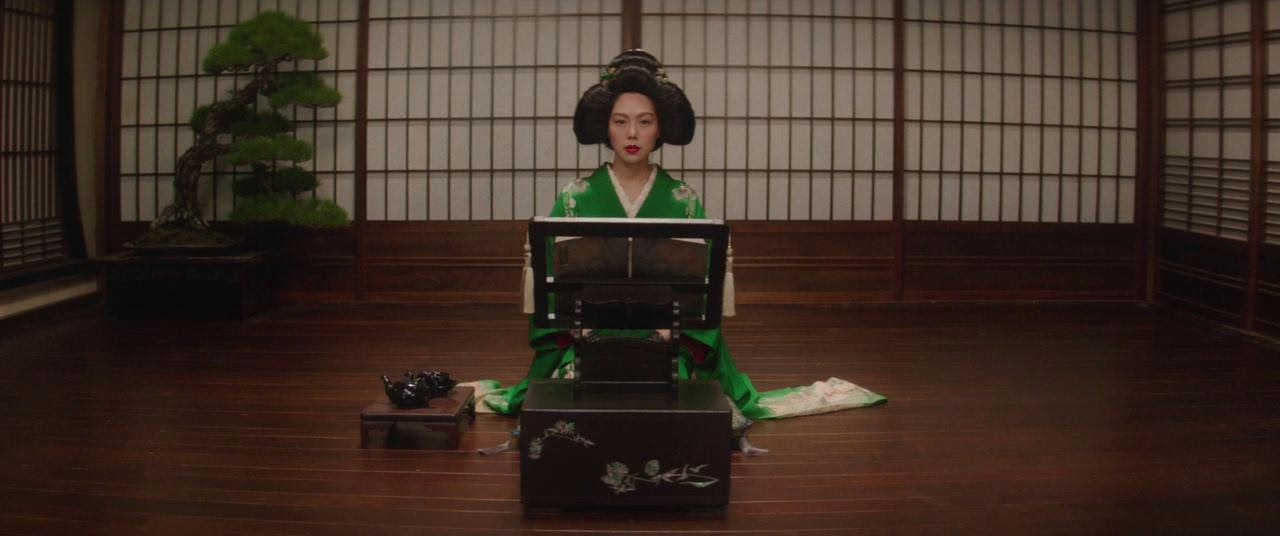
The Handmaiden (2016)
So intricately woven are the layers of deception in The Handmaiden, the cons that masquerade as plot become part of its very structure, staging a seductive dance between cunning swindlers and discerning victims that Park Chan-wook choreographs with masterful precision.
-
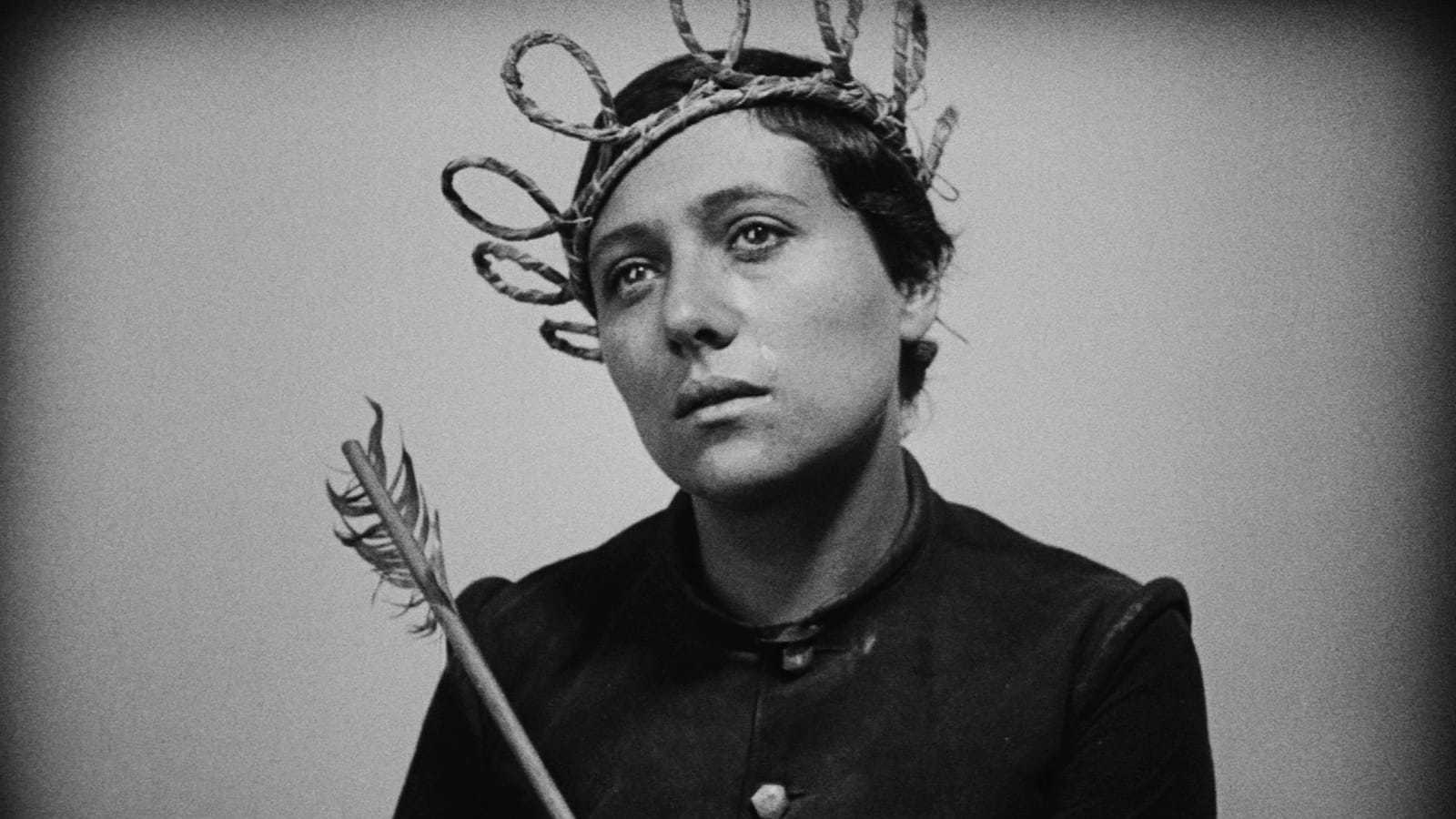
The Best Films of the 1910s & 1920s
The greatest films of cinema’s early years, from German Expressionism to Hollywood’s silent comedies.
-
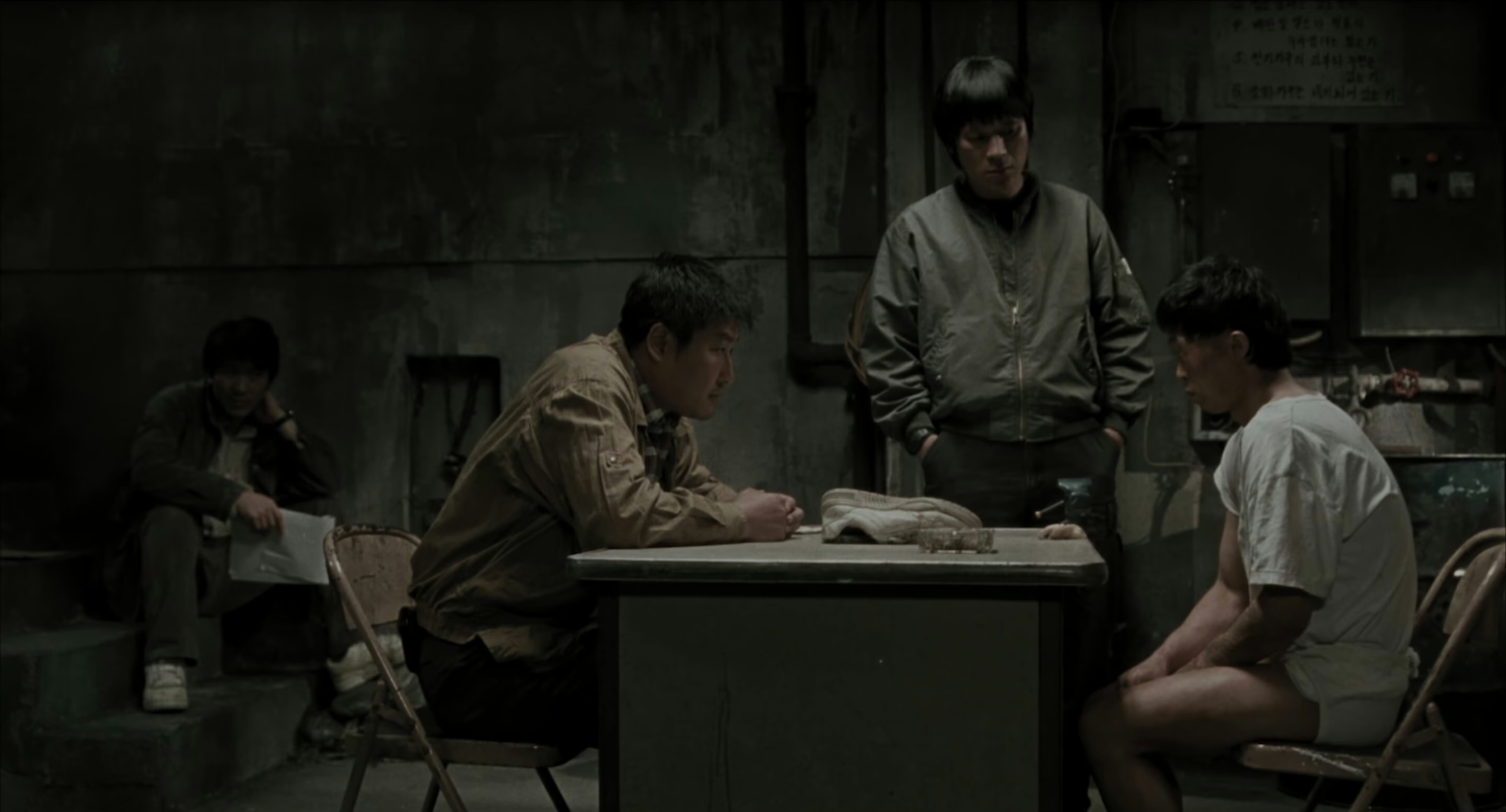
Memories of Murder (2003)
Bong Joon-ho’s faceless serial killer may represent some abstract embodiment of moral corruption, but this violent perversion is clearly rampant in Memories of Murder, stranding us with a pair of under-resourced detectives navigating landscapes of mud, rain, and bureaucratic failure.
-
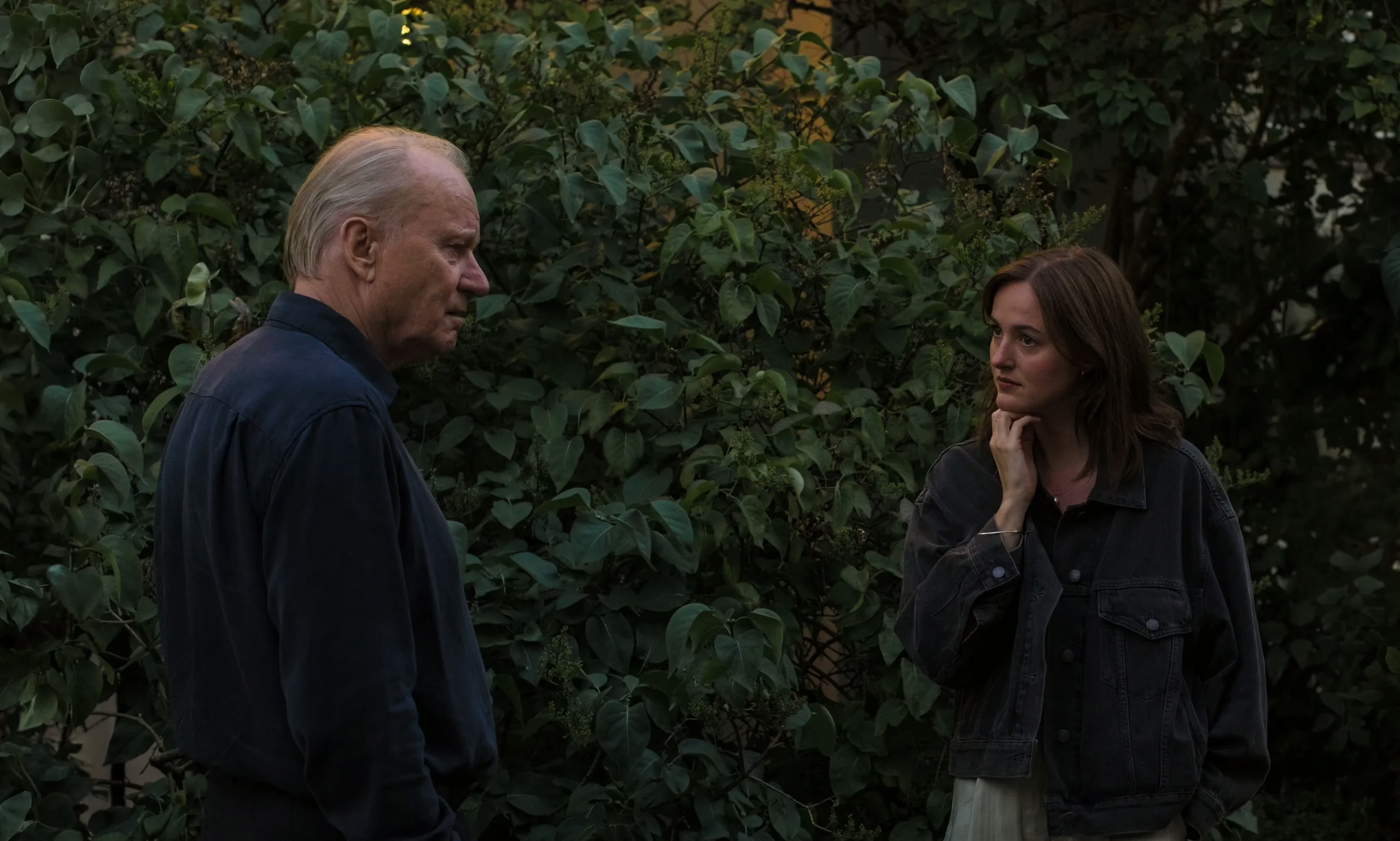
Sentimental Value (2025)
Nora’s scepticism towards reconciling with her estranged father may be justified in Sentimental Value, yet the power of healing through artistic collaboration is not to be underestimated, as Joachim Trier peels back layers of generational trauma to expose the tender vulnerability beneath.
-
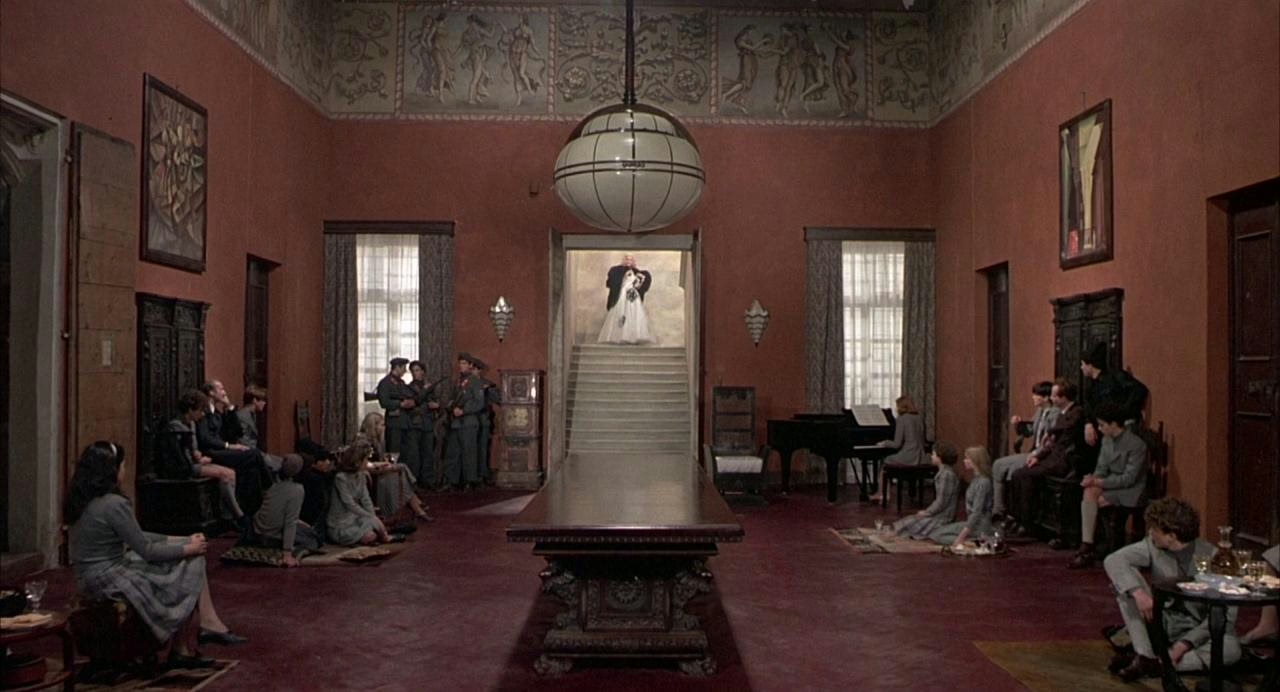
Salò, or the 120 Days of Sodom (1975)
Through Pier Paolo Pasolini’s formal severity and exacting aesthetic, Salò, or the 120 Days of Sodom stares unflinchingly into the repellent darkness of humanity’s soul, tracing the systematic torture of young captives subjected to the relentlessly sadistic games orchestrated by four fascist overlords.
-
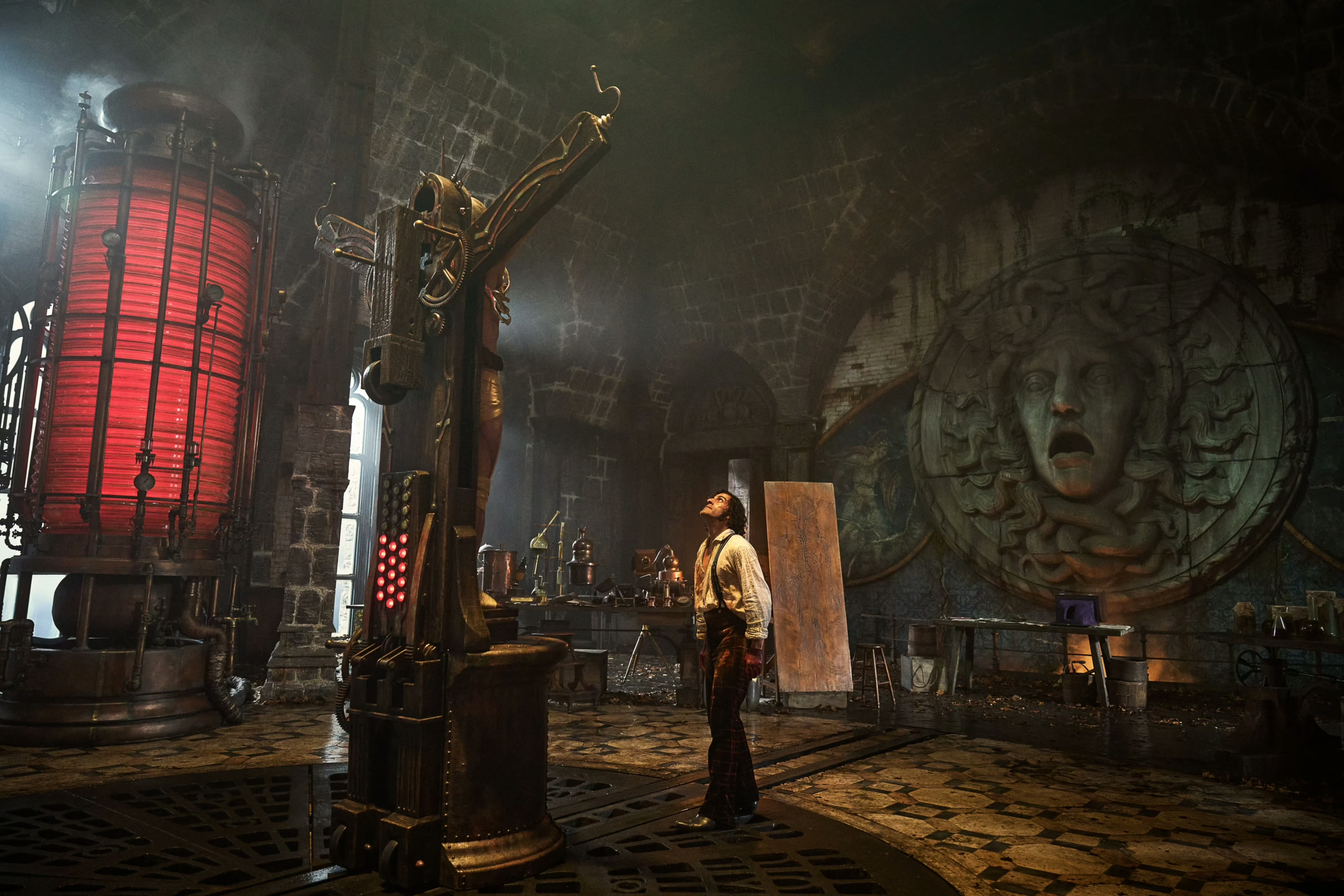
Frankenstein (2025)
Through operatic mythologising and cinematic splendour, Guillermo del Toro magnificently elevates Frankenstein into a rueful, elegiac meditation on kinship, condemning both father and son to the same corrosive cycles of paternal cruelty, maternal absence, and a hunger for love that no creation can satisfy.
-
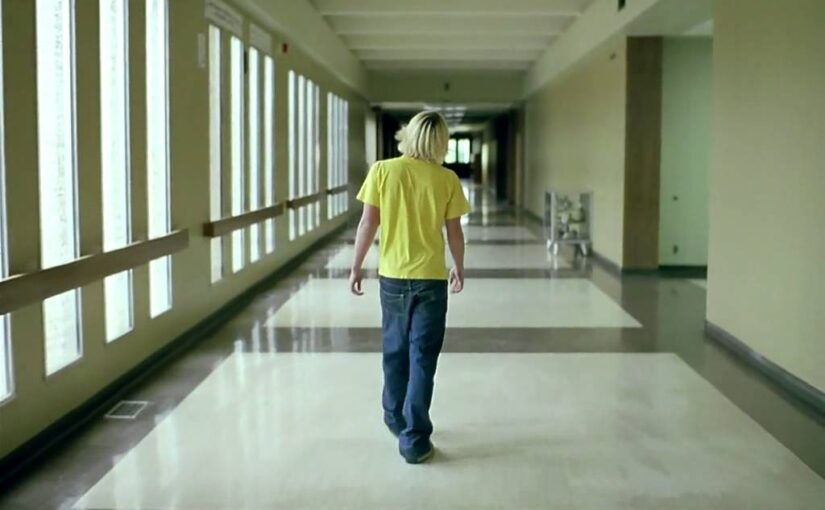
Elephant (2003)
Gus Van Sant does not strive to make sense of the senseless school shooting in Elephant, but rather attaches his tracking camera to the various perspectives of victims and perpetrators as it unfolds, delivering a chilling vision of violence that arrives without warning, logic, or resolution.
